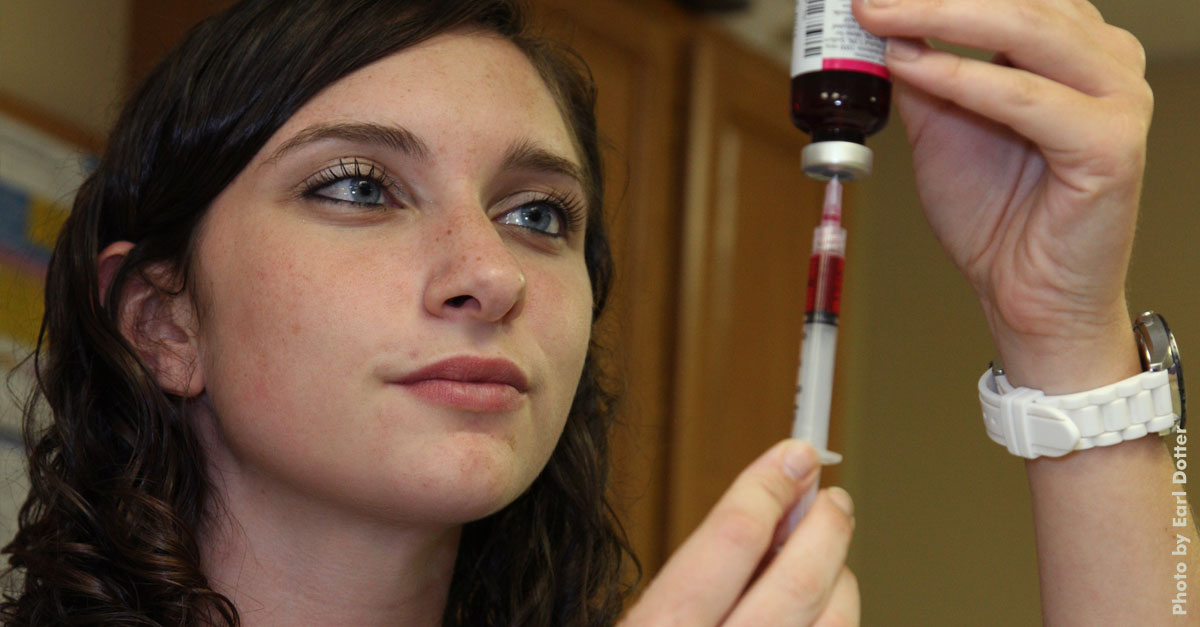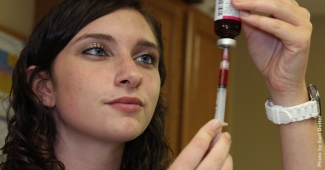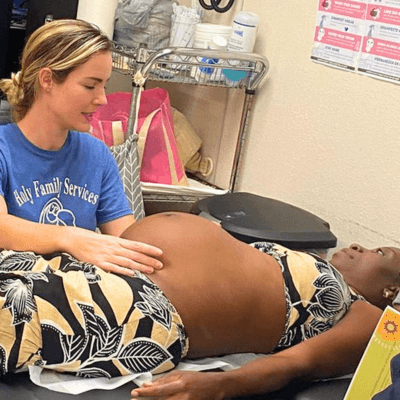“Are you concerned that your health center is ill-prepared to address Zika?”: Results of MCN’s Needs Assessment

Are clinicians sufficiently equipped to handle the effects of Zika virus on patients in their clinics? At last month’s 2016 Conference for Agricultural Worker Health in Portland, Oregon, Migrant Clinicians Network went directly to clinicians from across the country to determine the degree to which health care providers are concerned about and prepared to address Zika -- and the answers aren’t surprising. Completed by 51 clinicians from 19 states and Puerto Rico, the short interview needs assessment was designed to provide a snapshot of readiness around the US, as MCN launches a number of training and technical assistance initiatives for health centers preparing to combat Zika -- and in the midst of the battle. Let’s take a look at each of the questions, the results, and what it means for health centers as we continue to creep closer to mainland mosquito-borne transmission of the virus.
- “Are you concerned that your health center is ill-prepared to address Zika?” About half of respondents -- 51 percent -- were concerned that their health center is ill-prepared to address Zika, while only 20 percent were not concerned. Another 15 respondents -- representing 29 percent of the group -- were uncertain whether their health center was prepared.
- “What is your health center doing to address Zika?” Many respondents were unsure, but a majority responded that their health centers are doing staff trainings and patient education.
- “What is the most effective action your health center can take to prevent, treat, and document Zika?” Again, respondents were largely unsure. Common responses included staff and community education and prevention including mosquito abatement.
- “What type of training do staff at your health center need about Zika?” Many respondents found that basic education was still needed; many others felt that training on how to test patients for Zika would be beneficial.
- “Would you like additional information and resources about Zika?” Most are still on the lookout for new resources; 59 percent answered yes.
These short interviews needs assessment conducted over two days quickly uncovered the degree to which most these clinicians, regardless of their location, felt their health center was unprepared to address Zika, but didn’t have clear answers on how to best equip themselves and their fellow providers clinicians. Concerned that these results are representative of the state of preparedness in many health centers, Migrant Clinicians Network in collaboration with a growing number of partners has launched several efforts to better equip clinicians in various regions of the country in the face of the Zika virus outbreak. In Puerto Rico, with the assistance of the Primary Care Association, we are spearheading a Project ECHO collaboration with clinicians serving patients diagnosed with Zika, to exchange best practices and establish stronger connections between clinicians via telecommunication. Colleagues from Nicaragua that have been responding to Zika will participate in the first ECHO session to provide clinicians in Puerto Rico the benefit of their experience in responding to patients affected.
Please continue to follow our work here on our blog page, and be sure to visit our Zika page for more information and resources for clinicians.
Like what you see? Amplify our collective voice with a contribution.
Got some good news to share? Send it to us via email, on Facebook, or on Twitter.
Return to the main blog page or sign up for blog updates here.
- Log in to post comments






